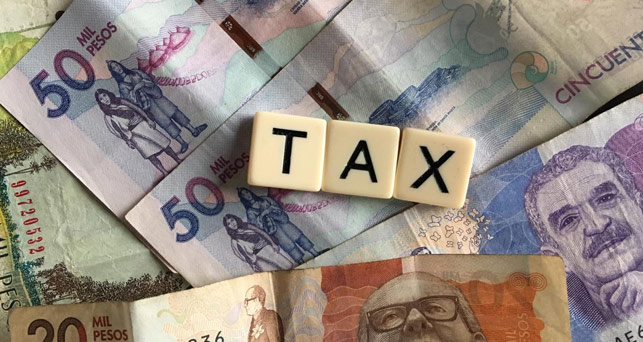www.doingbusinessincolombia.com
EMAIL: info@doingbusinessincolombia.com
TEL +57-305-461-9162
As a US citizen, it is essential to understand the tax system in any country you may reside or conduct business in. This guide provides an overview of the tax system in Colombia, including key information to help US citizens navigate their tax obligations in the South American nation.
Resident Tax Status:
Colombia determines taxation based on an individual’s residency status. To be considered a tax resident, you must have lived in Colombia for 183 days or more within a calendar year. If you fulfill this requirement, you become liable for taxation on your worldwide income.
Tax Categories:
Colombia’s tax system features several categories, each with its own tax rates and requirements. The primary categories include:
- a) Corporate Income Tax:
If you own or operate a business in Colombia, you will be subject to corporate income tax. The current rate is 34%, but regional concessions may apply based on the business’s location and sector.
- b) Individual Income Tax:
Colombia follows a progressive tax system for individuals. Marginal tax rates range from 0% to 39%, based on income levels. It’s crucial to understand the tax brackets and compute your tax liability accordingly.
- c) Value Added Tax (VAT):
Colombia imposes a VAT on the sale of goods and provision of certain services. Currently, the standard rate is 19%, but reduced rates of 5% or 0% may apply for specific transactions. Understanding VAT implications is crucial for businesses engaged in trade.
- d) Wealth Tax:
Colombia levies an annual wealth tax on individuals with net worth exceeding a certain threshold. This tax ranges from 0.2% to 1.5%, depending on the wealth bracket.
Tax Identification Number (TIN):
Before conducting any business or employment in Colombia, US citizens must obtain a Tax Identification Number (TIN), known as a RUT (Registro Único Tributario). This unique number is required for any tax-related transactions, such as filing tax returns or conducting financial transactions.
Deductions and Exemptions:
Like the US tax code, Colombia offers several deductions and exemptions to reduce overall tax liabilities. These include expenses related to healthcare, education, mortgage interest, and pension contributions, among others. Familiarize yourself with available deductions to optimize your tax position.
Double Taxation Agreement:
To avoid double taxation, US citizens can benefit from the Double Taxation Agreement (DTA) between the United States and Colombia also called foreign tax credit. This agreement aims to prevent the same income from being taxed twice by providing relief through tax credits or exemptions. Consult a tax professional to fully understand the application of the DTA.
Conclusion:
Navigating the Colombian tax system as a US citizen requires careful consideration and compliance with local tax regulations. By understanding different tax categories, applying for a TIN, and taking advantage of available deductions and exemptions, US citizens can successfully meet their tax obligations in Colombia. See us for assistance from tax professionals and lawyers.
www.doingbusinessincolombia.com
EMAIL: info@doingbusinessincolombia.com
TEL +57-305-461-9162





